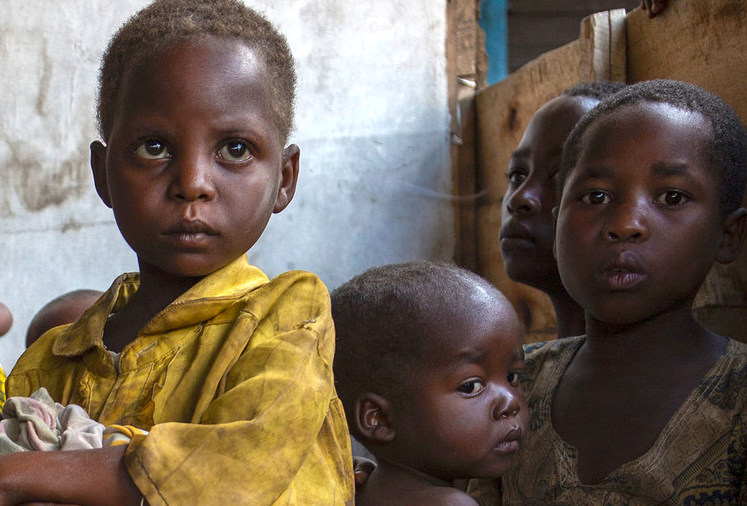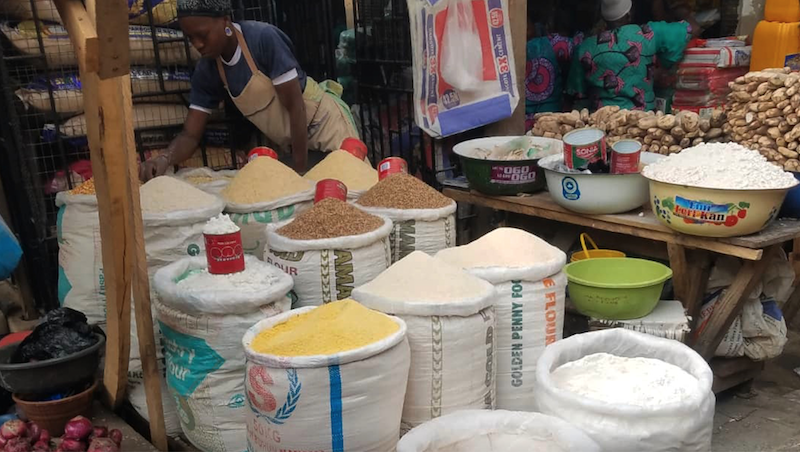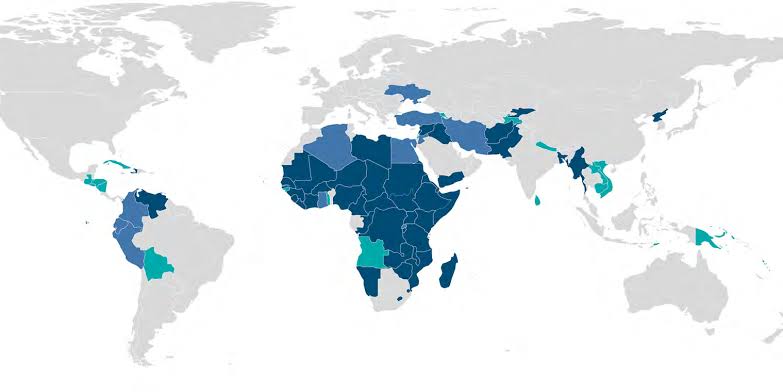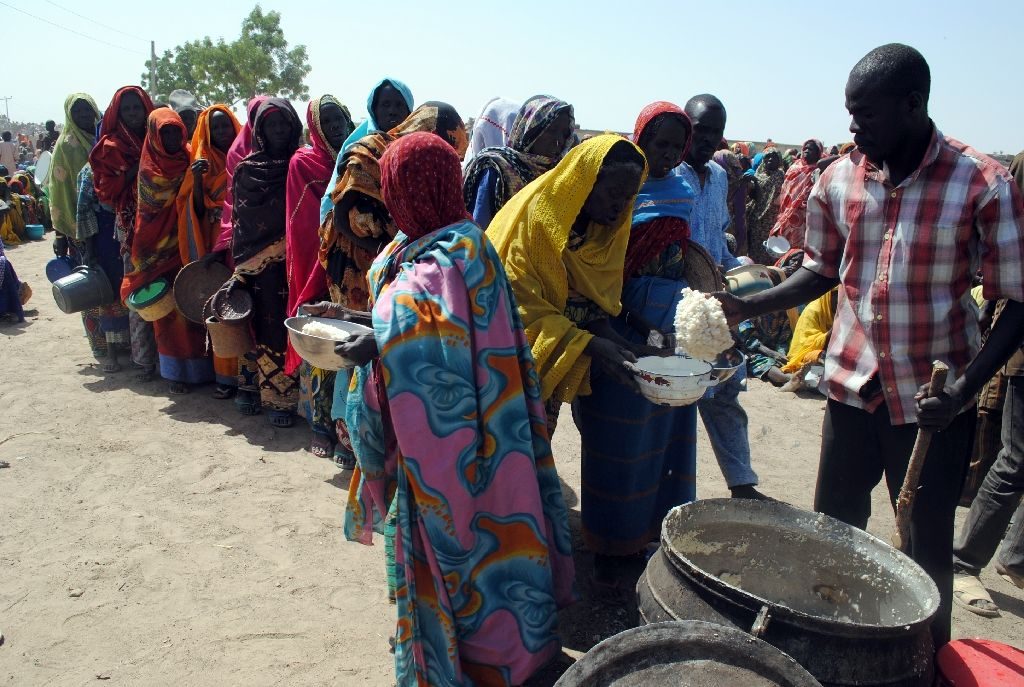The United Nations World Food Programme (WFP) says it has budgeted 2.5 billion dollars in the 2023 to-2027 Nigeria Country Strategy Plans (CSP) geared towards achieving zero hunger and improved nutrition across the country.
Mr Seriene Loum, Head of Programme, WFP said this at the Co-creation workshop organised by the organisation in collaboration with National Social Investment Programme Agency (N-SIPA) on Wednesday in Abuja,
Loum who represented WFP Country Director, said WFP strategic goal was to ensure a word without hunger in line with the Sustainable Development Goals (1 and 2) on poverty and zero hunger.
He said the organisation would work closely with member states of United Nations including Nigeria to mobilise resources to be able to fully implement the programmes.
“WFP Nigeria CSP 2023 t0 2027 a five-year project has a dedicated activity for strengthening institutional capacities and enhanced enabling environment in line with national target to achieve zero hunger by 2030.
“The project focus on food technology, fortification of supply chain management, improving nutrition and emergency preparedness responses.
“2023 to 2027 have five pillars and each of them focus on zero hunger and improved nutrition
“We have some interventions that focus on emergency response, making sure that people will not go to bed hungry which are lifesaving activities that aim to provide immediate food assistant to people that are in need,’’ he said.
Loum identified Nigeria as operating one of the biggest social safety nets programme in Africa.
He said it was also encouraging that Nigeria had an ambitious safety nets programme target at uplifting hundreds of millions of its populace out of poverty.
He said: “considering the current economic trend and level of vulnerabilities in Nigeria the Cadre Harmonised (C result of October 2024 reveals that about 25 million Nigerians are acutely food insecure and projected to reach 33 million between June to August 2025.
“It is therefore expedient that all stakeholders most especially, WFP need to work together with the Federal Government for this very ambitious goal to be achieved,’’ he said.
Also, Prof. Badamasi Lawal Chief Executive Officer, NSIPA said the seminar was meant to harness collective expertise and resources to achieve meaningful impact in the lives of Nigerians.
Represented by Mrs Uche Obi, Director, Human Resources Management, he commended WFP for its commitment to supporting Nigeria’s efforts to address poverty, hunger and malnutrition.
According to her, WFP partnership is a testament to the power of international cooperation and the shared vision of creating a more equitable and prosperous society.
“The NSIP launched in 2016, elevated to a full-fledged Agency in 2023 has made significant strides in addressing poverty, inequality, and social exclusion.
“Through various programmes, including the National Home-Grown School Feeding Programme (NHGSFP), Conditional Cash Transfer Programme (NCTO), Government Enterprise and Empowerment Programme (GEEP), Grant for Vulnerable Groups (GVG) and N-Power, we have reached millions of Nigerians.
“We are providing them with opportunities for economic empowerment, education, and improved well-being .
“The WFP’s expertise in food security, nutrition and emergency response will be invaluable in enhancing our programs and achieving greater impact.
“This collaboration will enable us to leverage each other’s strengths, share knowledge, and develop innovative solutions to address the complex challenges facing our nation,’’ he said.
He said WFP support had made it possible for the Federal Government to pull stakeholders in meaningful discussions and in shaping the future of their partnership.
“Your investment in this partnership is a testament to your commitment to Nigeria’s development and the well-being of its people,’’ he said.








